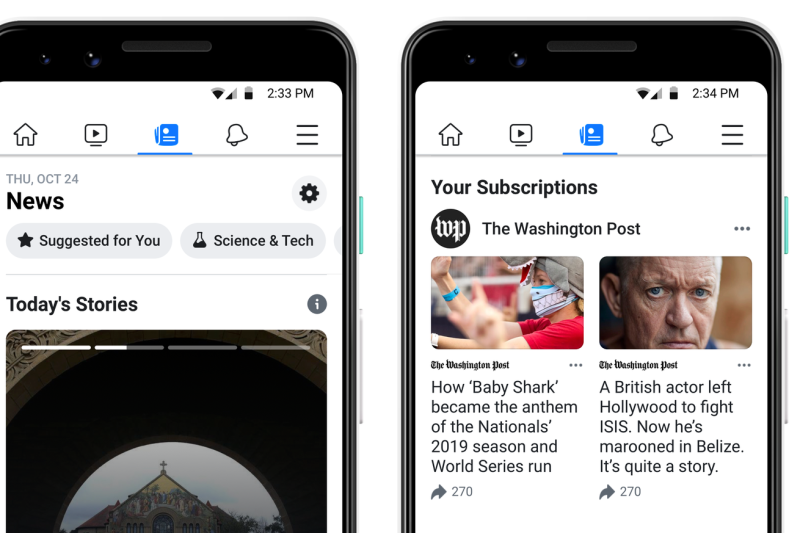In a surprising move, social media giant Facebook announced its decision to remove the News Tab feature from its platform and cease paying publishers for news content. This decision has sparked mixed reactions within the digital media industry and among users who rely on the platform for news consumption.
The News Tab was introduced by Facebook in response to the growing concern over fake news and the need for reliable sources of information. This feature aimed to provide users with access to high-quality news content from reputable publishers. However, the company’s recent decision to discontinue this feature signals a shift in its approach to news distribution.
By removing the News Tab, Facebook is effectively taking a step back from its role as a news aggregator and distributor. This move raises questions about the company’s commitment to combating misinformation and promoting trustworthy journalism on its platform. Critics argue that the decision could have negative implications for the digital news ecosystem, as it may lead to a further decline in traffic and revenue for publishers.
Furthermore, Facebook’s decision to stop paying publishers for news content has also drawn scrutiny. The company had previously entered into agreements with publishers to compensate them for their content, but this practice will no longer continue. This shift in policy could have significant financial implications for news organizations that rely on platforms like Facebook to reach a broader audience and generate revenue.
While Facebook has not provided a detailed explanation for its decision to remove the News Tab and cease paying publishers for news content, it is clear that the company is reevaluating its role in the news ecosystem. This decision comes at a time when social media platforms are facing increased scrutiny over their handling of news and information, particularly in the wake of the COVID-19 pandemic and widespread misinformation.
As Facebook moves away from being a primary source of news for its users, it remains to be seen how this decision will impact the broader digital media landscape. Publishers may need to rethink their distribution strategies and explore alternative avenues for reaching audiences. Users, on the other hand, may need to seek out other sources for news and information outside of the Facebook ecosystem.
In conclusion, Facebook’s decision to remove the News Tab and stop paying publishers for news content represents a significant shift in the company’s approach to news distribution. While the full implications of this decision remain to be seen, it underscores the evolving dynamics of the digital media industry and the challenges faced by both publishers and platforms in the modern information landscape.




























